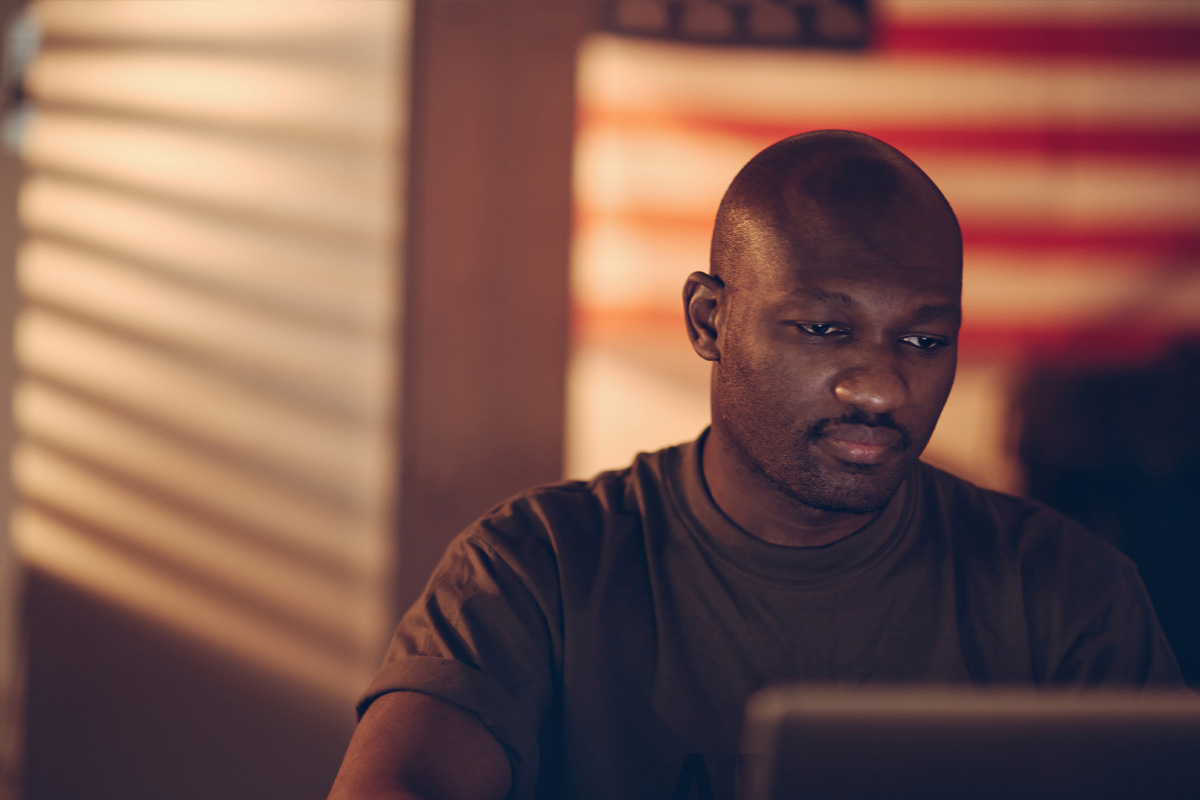Going to college after military service can be challenging. Veterans in college may be dealing with a general sense of unease while returning to civilian life or more serious issues like PTSD and injuries, and interacting with faculty or other students who don’t share the same experiences can add to the stress. Thankfully, many colleges recognize these challenges and are doing more to support students going to college after the military, as well as those still on active-duty.
In addition to these programs, though, there are also ways that veterans themselves can prepare for the transition into academic life and increase their likelihood of success. In this article, we explore some tips for veterans going to college, including how to get started.
Identify Areas for Improvement
Regardless of what you intend to study, military service members going to college will need foundational skills in reading, writing and mathematics. Many colleges use the ACCUPLACER testing system to evaluate students for placement purposes, and your scores on the required tests can make a significant difference in which courses you must take. It’s not uncommon for individuals who have been out of school for a while to score lower on ACCUPLACER exams, meaning that they are assigned to remedial courses or must take catch-up courses before they begin their actual degree programs.
To avoid spending more time and money than necessary, prepare for placement exams before you take them. The College Board, the developer of ACCUPLACER, offers free practice tools with sample questions and essay prompts that you can use beforehand. These will help you identify areas to work on before you take the test or apply to school.
If you realize that your time away from school has left you grasping for the rules of comma usage or unsure about algebraic equations, it might be worth taking a refresher course. Many community colleges and adult education programs offer introductory courses that you can take to get back up to speed before college. In some cases, those credits may even transfer into your degree program.
Another option is the Department of Defense’s Academic Skills Training. As a military member, you can access a library of courses, as well as practice exams, that can help you build your academic skills. Veterans Affairs also offers education and career counseling to help you determine a career path and what to study, as well as help identifying academic barriers that may impede your success and strategies to overcome them.
Find a Mentor
Another way to ensure a smooth transition from military to college is to take advantage of your university’s veteran resources, and find a mentor who can help you navigate the rigors of college life. Veteran resources offices are often able to connect you with someone who has successfully made the transition, and they can serve as a sounding board and guide as you work through the early days of college.
It’s also worthwhile to take advantage of your school’s academic resources. Most universities offer access to a writing center and other tutoring programs that you can turn to when you are stuck, or if you need to brush up on specific skills.
Finally, don’t be afraid to talk with your instructors and ask questions. Veterans may be reluctant to ask questions or seek clarification because they don’t want to stand out, especially when it feels like everyone else is ahead of them, but instructors are there to help you learn. Keep in mind that if you have a question, chances are someone else in your course has a similar one, and you may be helping your classmates by asking for more information.
Conclusion
Moving into academic life can mean big changes for military service members. Simply getting back into the habit of studying and managing your own time can be challenging enough without the stress that rebooting your knowledge can bring. By taking the time to prepare, and acknowledging and working on your rustier skills, you can thrive in college and be on your way to achieving your career goals.
Here at Columbia Southern University, approximately 40% of our students are active-duty, veterans, spouses or dependents of military service members. More information about our Veterans Center and additional student support options can be found on our website.






